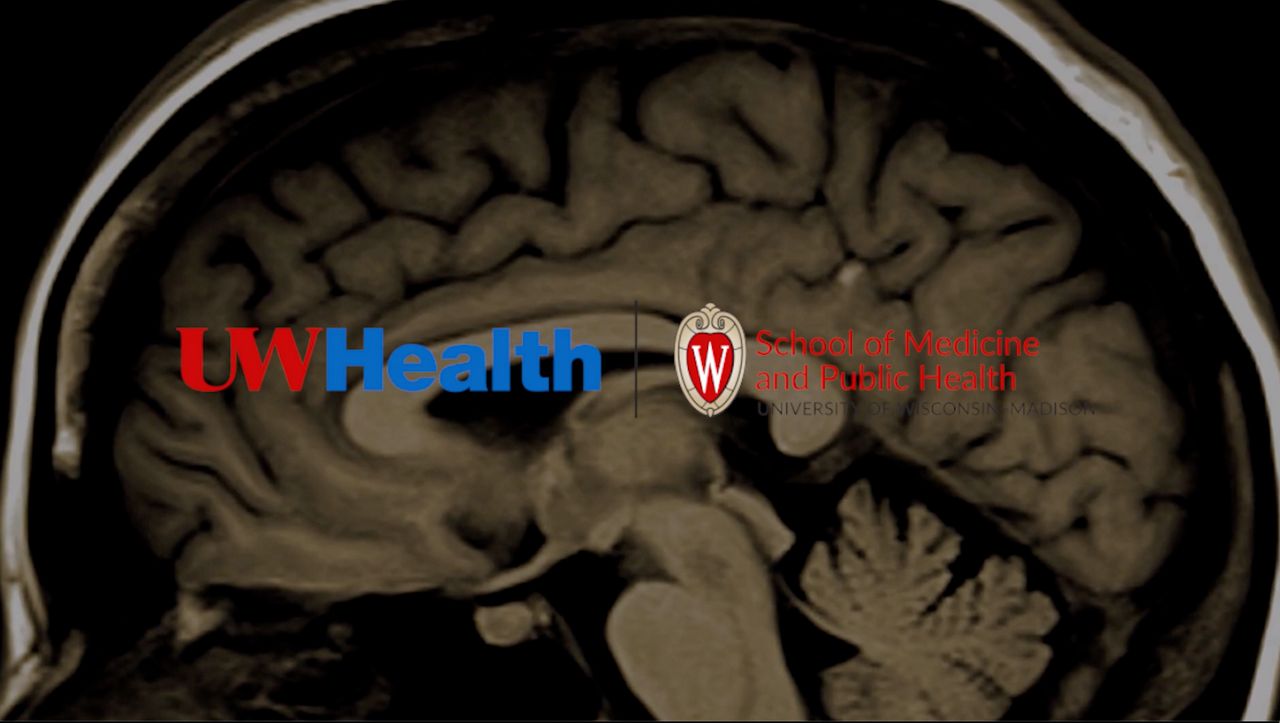MADISON, Wis. — UW Health celebrates two decades of the world’s largest family history study one participant shares her deep connection to the important project.
"It was very hard to watch her kind of wither away," daughter Kathy Schmitt said about seeing her mother, Dorothy, died of Alzheimer's at just 67. "It's just a horrible disease."
That's why in 2005, when her mother gave her body to science, she enrolled in the Wisconsin Registry for Alzheimer's Prevention (WRAP).
"It was a way to honor my mother. But as it has been turning out, it's a way to honor her whole family," Schmitt said.

Because out of mother's dozen siblings, four more were diagnosed with Alzheimer's or Parkinson's.
"It's a very high percentage," she said.
As one of 1,700 WRAP participants, every two years, Schmitt travels three hours for two days of brain imagining, blood work and cognitive testing at UW Health.
"It's comforting to know that if they see that you're slipping beyond the norm for your age group that they'll suggest that you go ahead and get some testing done as camping homes or small medical contribution can one day turn into something so meaningful," Schmitt said.
She said she hopes this effort will make a difference one day.
"So if I can contribute in any way toward treatments or a cure or any kind of additional knowledge that will help with this disease, I'm hoping to help the future generations," she said. "I'm really happy to do it. I look forward to it [...] to give something back," she said.
Learn more about the WRAP study at https://wrap.wisc.edu.



